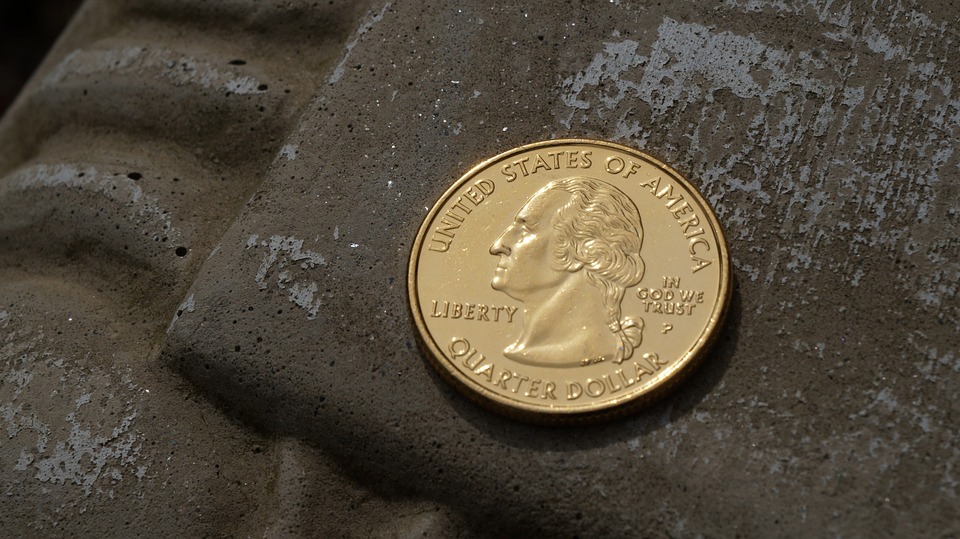Credit is an important aspect of personal finance that can greatly impact your ability to make big purchases, such as buying a car or a house. Establishing good credit is essential for financial stability and can help you achieve your goals in the long run. If you are new to the world of credit and want to build a solid credit history, here is a beginner’s guide to understanding and establishing credit.
What is credit?
Credit is the ability to borrow money or access goods and services with the promise of paying for them later. When you use credit, you are essentially borrowing money from a lender or creditor and agreeing to repay the amount borrowed, usually with interest.
Types of credit
There are several types of credit that you may encounter as you build your credit history. Some common types of credit include:
1. Revolving credit: This type of credit allows you to borrow up to a certain limit and repay the borrowed amount over time. Credit cards are a common example of revolving credit.
2. Installment credit: With installment credit, you borrow a specific amount of money and repay it in fixed monthly installments over a set period of time. Mortgages and auto loans are examples of installment credit.
3. Secured credit: Secured credit requires you to provide collateral, such as a savings account or property, to secure the loan. This reduces the risk for the lender, making it easier for individuals with limited credit history to qualify for credit.
4. Unsecured credit: Unsecured credit does not require collateral but typically requires a good credit score and history to qualify. Personal loans and credit cards are common examples of unsecured credit.
How to establish credit
Establishing credit is a process that takes time and requires responsible financial habits. Here are some steps you can take to start building your credit history:
1. Open a credit card: Applying for a credit card is a common way to establish credit. Start with a secured credit card if you have limited or no credit history, and use it responsibly by making on-time payments and keeping your balance low relative to your credit limit.
2. Make timely payments: Paying your bills on time is one of the most important factors in building a good credit score. Late payments can lower your credit score and harm your credit history.
3. Monitor your credit report: Regularly check your credit report to ensure that all information is accurate and up to date. You are entitled to a free copy of your credit report from each of the three major credit bureaus – Equifax, Experian, and TransUnion – once a year.
4. Keep your credit utilization low: Credit utilization refers to the percentage of your available credit that you are currently using. Aim to keep your credit utilization below 30% to maintain a good credit score.
5. Build a positive payment history: Consistently making on-time payments and avoiding derogatory marks, such as late payments or collections, can help improve your credit score over time.
Establishing credit is an important financial milestone that can open doors to future opportunities, such as qualifying for loans and credit cards with favorable terms. By understanding the basics of credit and practicing responsible financial habits, you can build a solid credit history and secure your financial future.




